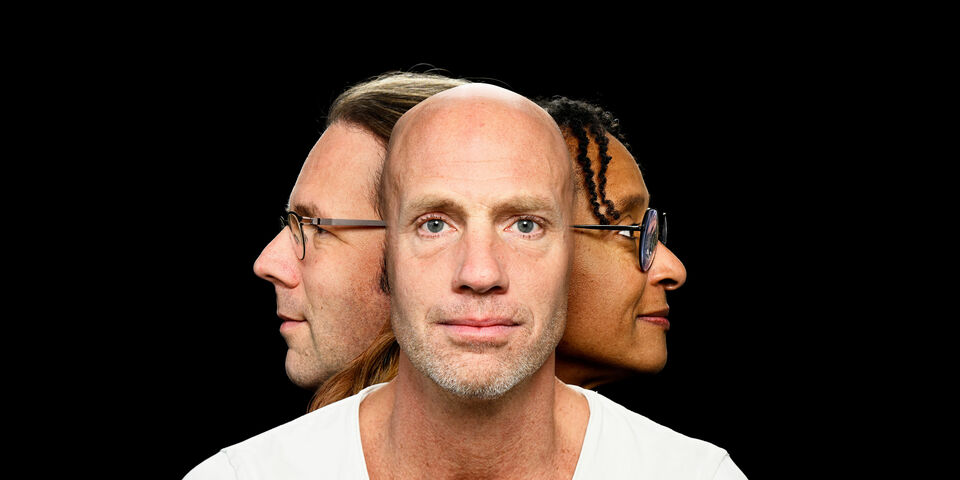Activism is a conflict of interest
For a scientific integrity course, I was invited to a discussion with Ph.D. students about conflicting situations in my work. My research group develops immunotherapies that we try to develop into real-life medicines for patients through entrepreneurship. My potential conflicts of interests are apparent and known. However, we are overlooking a trendy, but perverse incentive in academia.
A month ago, in the Agnietenkapel’s toga dressing room, I was confronted with an activist ICT specialist. Dressed in a t-shirt that displayed a fist as a Palestinian flag, and armed with a stickered laptop, this UvA employee imposed his worldview on every guest using the dressing room. At the same time, billboards with hypothetical ‘social safety’ cases and a plea to report such cases were present at the Agnietenkapel’s exit. It’s unsurprising that in the Agnietenkapel conspicuous activism is not considered a possible form of ‘social unsafety’ in a city where anti-Semitism has become normalized, as we have witnessed in recent times.
The Jewish chairman of the Dutch Research Council NWO, Marcel Levi, wrote a heartbreaking column in a personal capacity about his experiences in his beloved Amsterdam. Instead of receiving support, a thunderstorm of criticism arose last weekend. In addition to the ‘usual suspects’, even his own organization NWO publicly distanced itself from Levi’s column on Sunday morning, via a message on X.
Truth-finding and activism are incompatible. This is because activism demands a certain outcome, usually a worldview or an ideology. Activists work towards that outcome and only collect positions in service of their mission. That is why activists seem extremely inconsistent to outsiders. In one instance, they scream bloody murder about ‘social safety’, for example when the same NWO chairman criticizes that concept in a column. In another situation, activists themselves create ‘social unsafety’, as we have experienced during last week’s protest at our university. For Technion professor Karel Martens and visitors to his lecture, social safety was not guaranteed. But consistency is not at all a goal of activists. Their goal is to subject others to their ideology.
Fueled by activism, academia now adheres to many dogmas that are pseudoscientific at best, but in practice stimulate anti-scientific behavior. Curiosity, consistency and openness are the main victims of activism, three virtues that are crucial for good science. It therefore is appropriate to approach activism as a conflict of interest. After all, for some academics, activism is a business model and a simple way to gain significance. And they regularly position their activism as science. I therefore propose that activist academics be subject to the same rules as entrepreneurial academics, so that their conflict of interests are clear to the outside world.
Willem Mulder is a Professor of Precision Medicine at TU/e. The views expressed in this column are his own.


Discussion